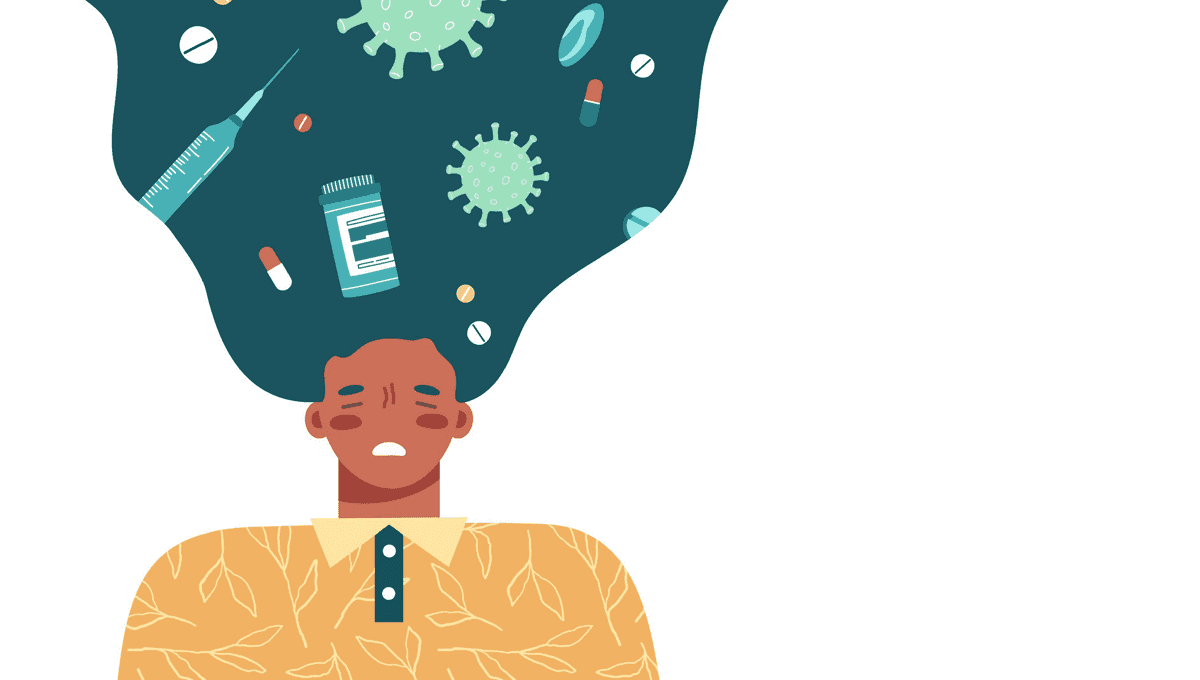
Anywhere between five and 50 percent of people infected with SARS-CoV-2 – the virus behind the still-very-much-ongoing worldwide pandemic – will go on to develop Long COVID. It’s a condition that so far has escaped hard study or explanation – though a few hypotheses have begun to take hold.
Now, another piece of evidence has come to the fore, as a new study out of Canada has found that blood samples from symptomatic patients with long COVID can show signs of autoimmune disease up to a year after first developing symptoms.
“I’m a respiratory researcher with a background in studying the immune system,” explained Manali Mukherjee, an Assistant Professor in the Division of Respirology, at McMaster University’s Department of Medicine and lead researcher of the project in a statement. “When I experienced the symptoms of long COVID first-hand, I began to wonder about the role of the immune system in this condition.”
So Mukherjee and colleagues recruited more than 160 people to take part in a long-term study tracking the symptoms and antibodies of people recovering from a COVID infection. The majority – 106 in total – were people who had been diagnosed with COVID between August 2020 and September 2021, and the rest served as two control groups: one comprising 22 healthy volunteers, and the other being a group of 34 people who had experienced a non-COVID respiratory infection.
At three, six, and 12 months after recovery, patients were surveyed for symptoms of long COVID – shortness of breath, coughing, or fatigue – and gave blood samples. These were tested for specific antibodies known to contribute to autoimmune disease, as well as two autoantibodies – antibodies that target the body’s own cells, which have previously been linked to severe COVID infection and hospitalization.
“For the majority the patients in our study, even if they had autoantibodies soon after their infection, this resolved after 12 months,” Mukherjee said. “However, in some patients, autoantibodies persist, and these patients are more likely to continue suffering with symptoms and to need medical help.”
That ties in nicely with one of the prevailing theories behind the syndrome: that the initial infection sends the body’s immune response into overdrive, triggering it to attack not just the pathogen but healthy cells as well. That’s likely why long COVID shares so many traits with conditions like postural orthostatic tachycardia syndrome (POTS) or chronic fatigue syndrome – autoimmune diseases in which bodily functions like heart rate and blood pressure are sent into dysregulation by the body’s immune system.
Three months after infection, nearly four out of every five COVID patients had two or more of the problematic antibodies in their blood – a proportion that held fast at the six-month mark too. By a year, the ratio had dropped to a little over two out of every five patients. Meanwhile, both the healthy and non-COVID infected control groups showed few to none of the markers in their blood.
And almost one in three COVID patients were found to have autoantibodies in their blood, even up to a full year after infection, the study found – although the number of participants returning to the study at this point had dropped significantly, the researchers note, possibly due to recovery. These participants also showed higher levels of cytokines – the immune system’s messenger proteins, which can promote inflammation and potentially make COVID cases more severe.
These results are no doubt significant from a diagnostic perspective, but they likely have practical therapeutic applications as well.
“Millions of people around the world are suffering with long COVID and that is having an enormous socioeconomic impact. However, there is a lack of evidence on why some people develop the condition and how we can help patients recover,” said Eva Polverino, Head of the European Respiratory Society’s Respiratory Infections Assembly and pulmonologist at Vall d’Hebron University Hospital, in Barcelona, Spain, who was not involved in the research.
“We know that certain infections can, in some cases, trigger longer-term autoimmune diseases such as rheumatoid arthritis. This study adds to growing evidence that similar processes may be involved in long COVID,” Polverino said. “Further work in this area could increase our understanding of long COVID and how best to diagnose and treat the condition.”
The study is published in the European Respiratory Journal.
Source Link: Long COVID Links To Autoimmune Disease Visible In Blood A Year After Infection